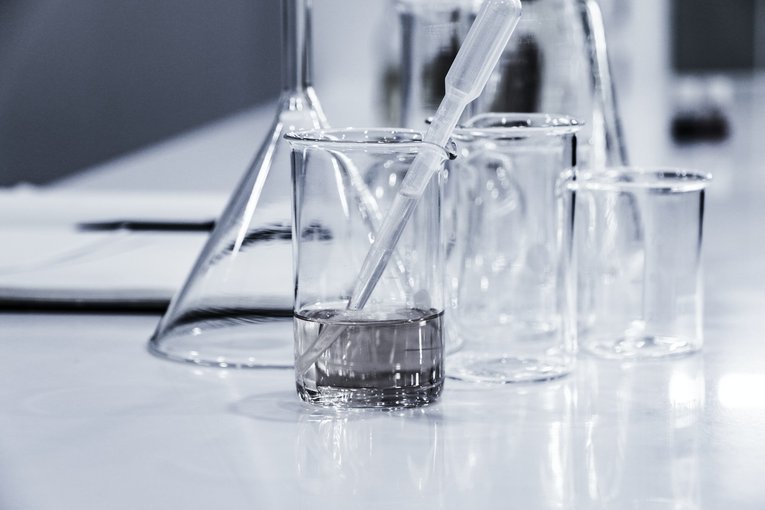
A pollution time bomb heading to the coast
When English rivers were recently tested the results were horrific: not one was free from chemical pollution. This sadly backed up our own research that persistent chemicals have to be better regulated – because we all know where the rivers end up.
Why are rivers monitored?
You may have seen the shocking news recently that not a single river in England passed the test for pollution in the Environment Agency’s latest monitoring results. The monitoring of rivers is a requirement of the Water Framework Directive (WFD) which was introduced by the EU in 2000 as a method to reduce the threat of pollution and improve the condition of water bodies in Europe. The WFD dictates which chemical contaminants are a concern and therefore need to be monitored, while also setting out the acceptable levels for these contaminants. One hundred per cent of rivers tested in England for chemical contaminants failed because they were at levels above those set by the directive.
What does this mean for our seas?
We’re really concerned about persistent chemicals including PFAS, because years after their release they continue to persist in the environment and can have negative impacts on wildlife. Regulating chemicals has been shown to work in reducing the amount that ends up in the environment and investigations by the water industry have shown that certain heavily regulated chemicals are showing downward trends.
Last September, alongside the slightly adjusted, socially distanced, Great British Beach Cleans, we also introduced the Source to Sea litter quest as a way of helping us understand the amount of litter that is found inland. The marine environment often acts as the final sink for pollution, whether that be plastic or chemicals, as it’s literally on the receiving end of pollution from our towns and cities via rivers and other waterways.
There is the common misconception that due to the vast expanse of the ocean, pollution is diluted to a point where it no longer causes any problems; however, this simply isn’t the case. Chemical contaminants have been shown time and time again to have negative impacts on marine life. The effects of PCBs on marine mammals in particular have been widely reported, including in the recent BBC Sir David Attenborough documentary ‘Extinction: The Facts’. Pollution needs to be prevented at source to stop these failures happening again in the future.

Credit: Hans Reniers via Unsplash
Banning non-essential uses of PFAS
We believe that PFAS and other very persistent chemicals should be banned from all non-essential uses immediately, to limit their release and ultimate build up in the environment. In mid-October last year the European Commission released their Chemical Strategy for Sustainability, where they promise exactly this – to ban all PFAS from non-essential uses. In the UK, we want governments to be equally ambitious when it comes to restricting PFAS.
The approach of banning chemicals from specific uses has already been shown to work in the UK, with the ban of microbeads in wash-off cosmetics and we think the same approach should be taken with PFAS chemicals. PFAS need to be banned immediately, from all uses, other than those considered essential for society. If they’re not, our rivers will continue to feed the ocean with a never-ending stream of chemical pollutants.


